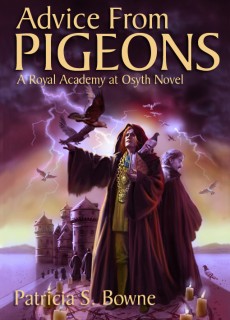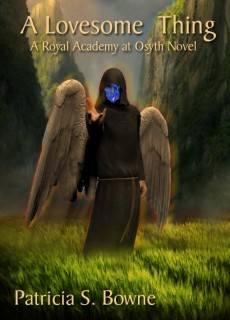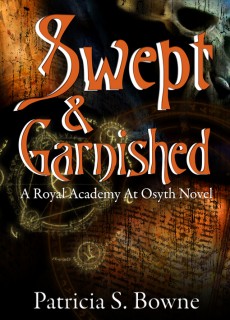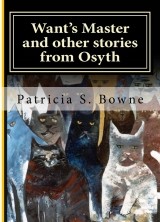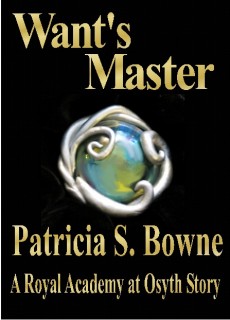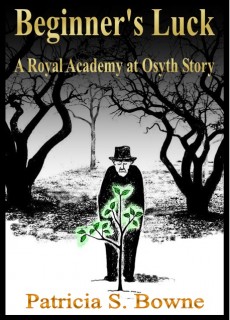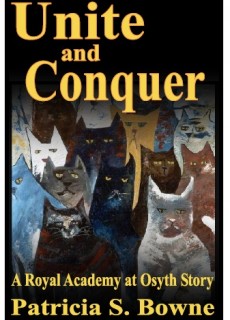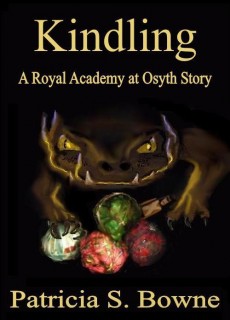Continuing to reflect on short stories, I wonder why my own short stories are less upbeat than my novellas or novels.
In my novels, things have to work out for the majority of the characters before I’m willing to stop writing. In the novellas I feel the same impulse, but a lot of the time characters only come to terms with their situations rather than fixing them. In my short stories, however, things often go from bad to worse.
I have a bunch of half-finished shorts in my file right now, and when I pick one of them up my brain immediately goes into what trope can I subvert? mode. How can I dash the reader’s expectations? What cliche can I lead up to and then veer away from? How can I take this off the beaten track? I hardly ever think about the characters’ problems and how I might solve them. I approach the story the way critics do, or the way my literature professors did.
When I work on a novel or novella, this sort of writerly stuff doesn’t come to mind. Instead, I focus on the characters and events. I want lots of fully realized characters who disagree with each other.
And this, perhaps, is why I fight with my short stories. Without space to explore conflicting perspectives, I feel I have to provide one of them myself; and the usual way to do that is to show, through word choice or tone or ambiguous or even negative endings, that the protagonist’s perspective didn’t work out so well in the end.
The only way I’ve found to escape this tendency on my part is to write folklore or fairy tales, which I feel are meant to be viewed remotely as a comment on the culture that produced them. The form comes with the skeptical distance built in.

